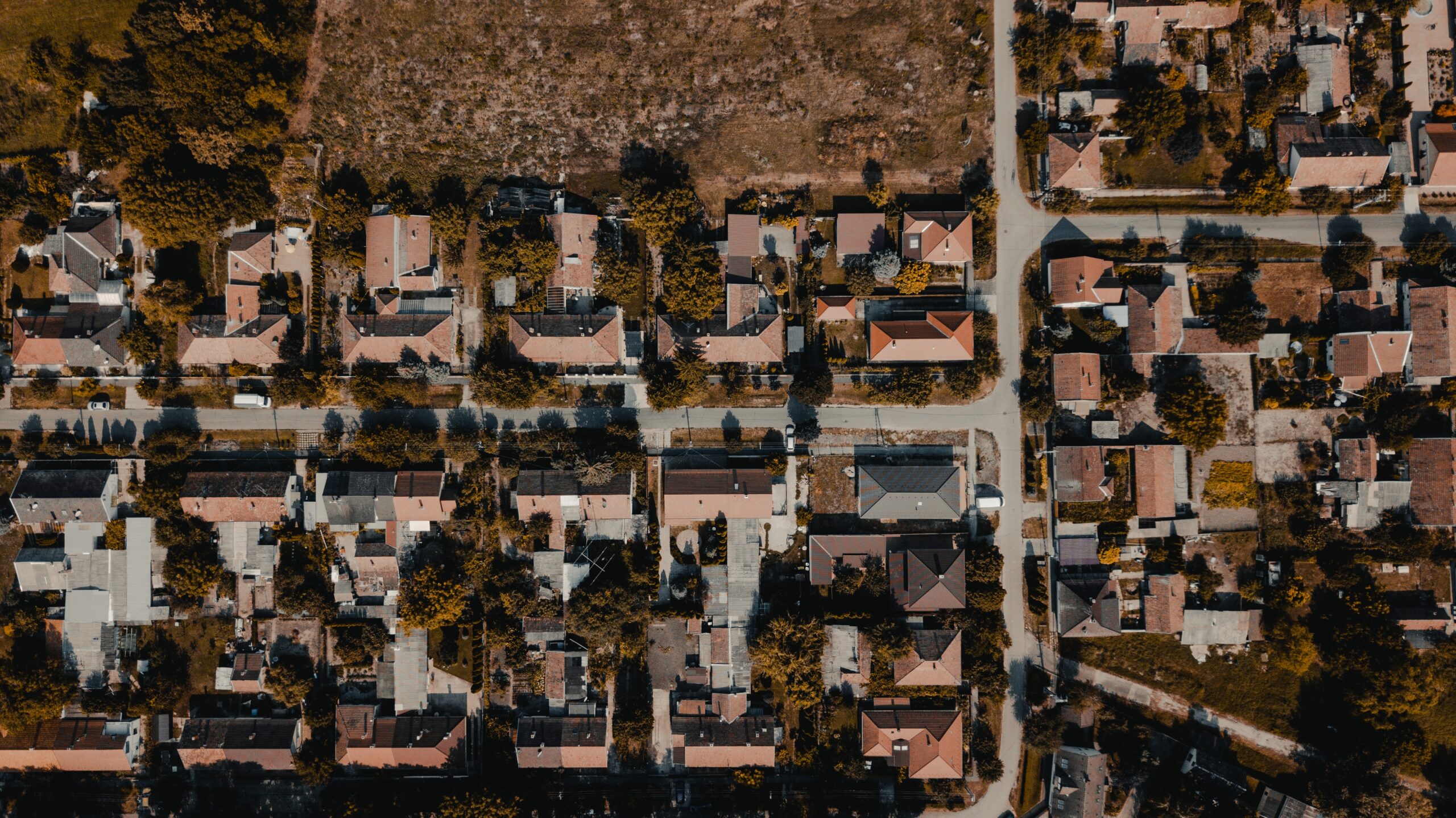A Tale of Two Tools: Financing Housing in the San Joaquin Valley

When Heron first began to explore the San Joaquin Valley, we did so through the lens of several strategic questions, most of which related to the dichotomy between the Valley’s role as an agricultural powerhouse and its experience as an economically distressed community. As we spoke to people on the ground about this disconnect, it quickly became clear that local farmworkers have a variety of needs that are not being met — particularly with regard to the housing stock.
And this issue does not affect farmworkers alone; local partners like Faith in the Valley, Leadership Counsel for Justice & Accountability, and the Fresno Housing Authority (FHA) have been flagging the shortage of local housing stock, housing overcrowding, growing rent burdens, and housing displacement for years. Their anecdotes have been corroborated by our partners at the Social Progress Imperative (SPI), who use data to monitor these trends over time.
Self-Help Enterprises (SHE) emerged as one of the key players helping to solve this problem — for farmworkers and other low-income populations alike. SHE is a local nonprofit that provides technical assistance and leadership development in rural communities with clean water, sanitary sewer, and other infrastructure challenges. They develop and manage affordable rental properties for underserved populations, including immigrants and farmworkers. They also offer homeownership opportunities with sweat equity and shared labor in planned communities, which encourages the participation of low-income individuals in direct services, decision-making, and skills development for self-sufficiency. SHE’s service area is comprised of eight counties — Fresno, Kern, Kings, Madera, Mariposa, Merced, Stanislaus and Tulare County — in the heart of the San Joaquin Valley.
In October 2019, Heron provided SHE with a 10-year, $1mm program-related investment (PRI) to help finance SHE’s ongoing work in the region. A PRI felt appropriate in this context because Heron was willing to accept uncompensated risk (in this case, in the form of a below-market interest rate) because of the exemplary and mission-aligned work that SHE was taking on.
Two months later, Heron came across a market-rate bond from the California Health Facilities Financing Authority that finances (among other things) a portion of two projects that are being administered by SHE. Heron was struck by the opportunity to support SHE yet again — but this time through our market-rate portfolio. Through one of our bond managers, we purchased $1mm of the $500mm issuance. (It is worth noting that the bond also helps to finance three projects that are being administered by the FHA.)
At Heron, we have the privilege and responsibility to use every tool in our toolkit to finance the organizations who are serving the people we care about. Are there other tools that we could or should be using? Are you supporting organizations using multiple tools as well? If so, we would love to hear from you. Please leave a note in the comments or email us at info@heron.org.
Comments are closed here.